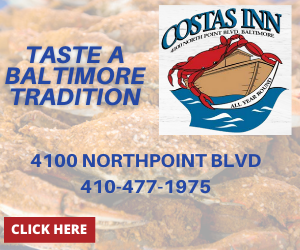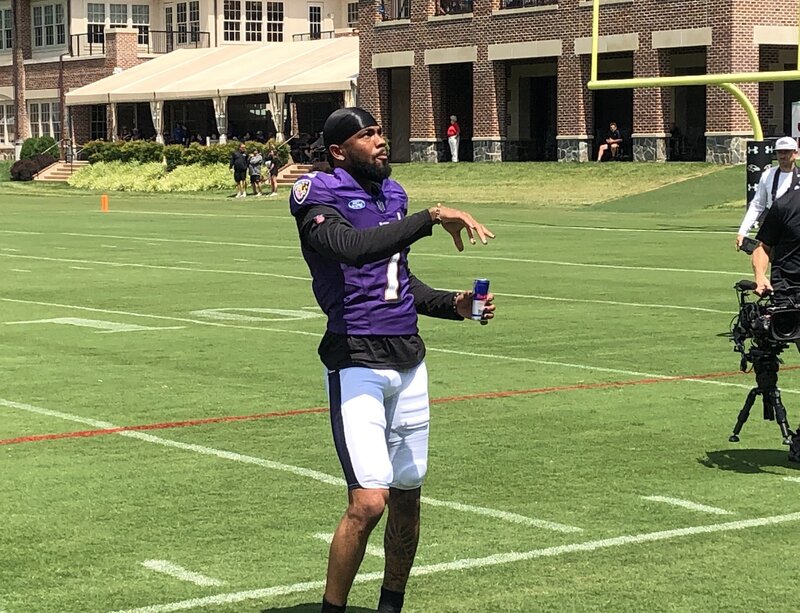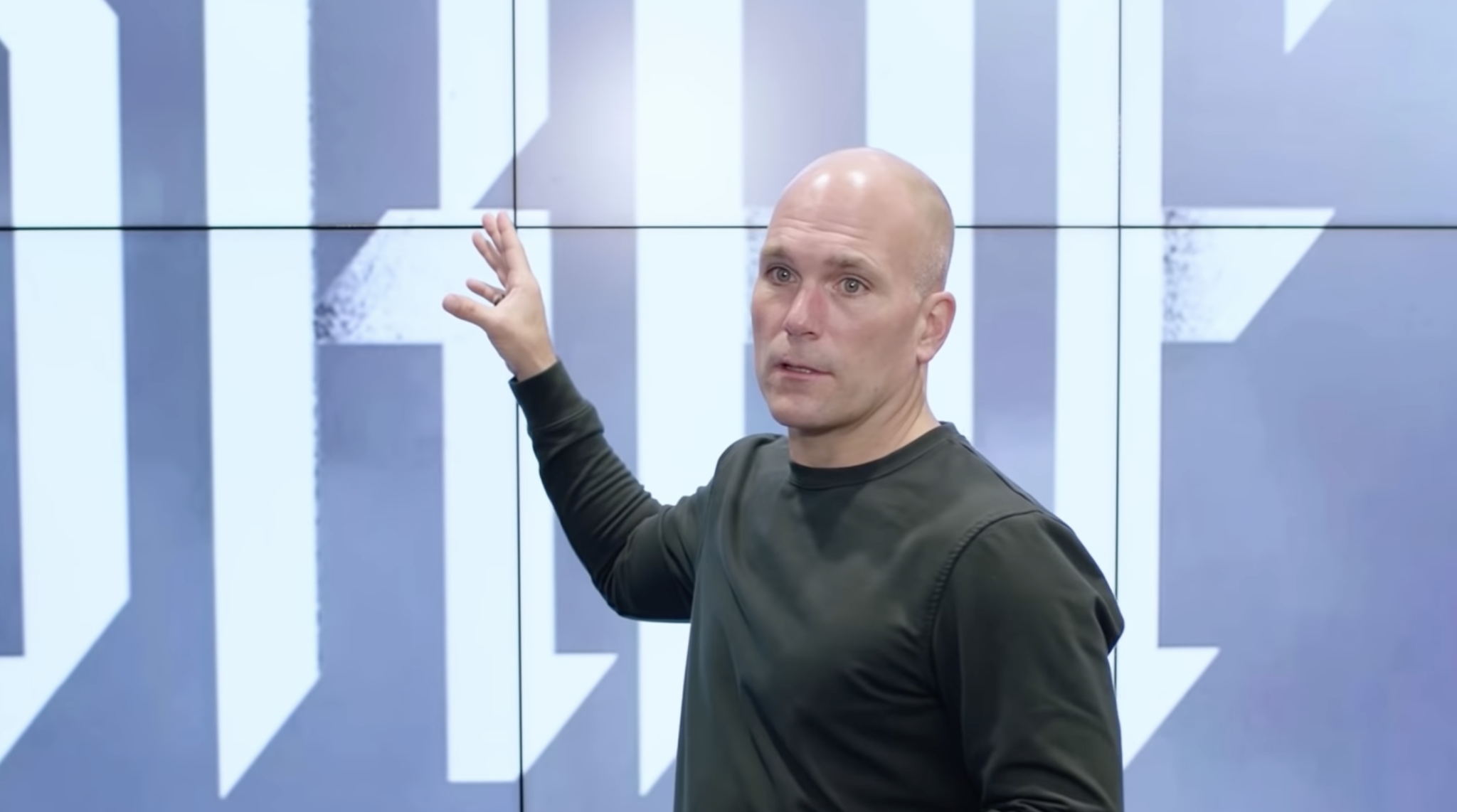multimillionaire MLB players if only given their freedom by Fidel Castro to move to America and follow their dream.
The Orioles sent Scott Erickson to the mound to get seven innings in his final tune up before the regular season. The Cubans sent Jose Ibar to the hill at Estadio Latinoamericano in Havana. Ibar lasted just two innings, surrendering a home run to Charles Johnson before being relieved by Jose Contreras, who pitched eight masterful innings and fanned 10 Orioles in what was a coming out party for him. It took the big leaguers 11 innings to defeat the Cuban team, 3-2, on a Harold Baines RBI single before reliever Jesse Orosco picked up the save.
Contreras, who was three times named Cuba Athlete of The Year and was given the pet name “The Bronze Titan” by Castro, would later defect to Mexico and wind up in a New York Yankees uniform in 2003. Contreras would play a major role for the Chicago White Sox in winning the World Series in 2008. Contreras would be one of the few on the field that day whom escaped life in poverty-stricken Cuba for a life of freedom in the Western world to be adorned with riches and rings and adulation.
But on that sun-soaked day in Havana the story wasn’t about then-Cuban greats like Omar Linares, Ariel Pestano, Luis Ulacia or Andy Morales, who later attempted to defect and was found on a boat with 30 others and was denied entry into the United States. It wasn’t about some sort of “ping pong democracy” or even a reach for Major League Baseball to somehow extract players from the island that was so rich in beisbol talent and yet starved for basic human needs like food and clothing.
It was simply a political ploy for the three men seated behind home plate.
Major League Baseball commissioner Bud Selig sat to the left of Fidel Castro and Peter G. Angelos sat to the right of “El Jefe.” There are very few Americans in this lifetime that can say they broke bread at a baseball game with the leader of a revolutionary movement that massacred tens of thousands of Cubans and had controlled his own island nation since February 16, 1959, after a military coup. Castro hated the United States in every imaginable way and he and the people he had intimidated and suppressed in Cuba had stood opposed to the American way of life for 40 years. American citizens were never allowed to visit. Castro would never allow Cuban athletes a chance to leave his dominion to earn a better living and find a better way of life in the world away from the island.
Leaving Cuba dubbed you a traitor by Castro – an enemy to the state and your family would be in harm’s way if left behind. Many died on boats in the shark-infested waters between Havana and the Florida Keys trying to swim to freedom – baseball players and thousands of others over nearly 40 years. Fidel Castro allowed the Russians to point nuclear missiles at the United States in 1962. Cuba starved her people and crumbled with the fall of Soviet power toward the end of the 20th century. The United States was a part of punishing the tiny island country with embargos and trade restraint since Dwight Eisenhower was in office.
And now, Angelos and Selig sat arm-in-arm with Castro for an afternoon of beisbol, photo ops and rhetoric that would serve their individual purposes but would produce no positive outcome of substance at all over the next two decades.
“It was a fascinating experience,” was all that Selig could muster afterward when pressed on what was said down in the box seats while sitting with a dictator who had essentially been an enemy of the United States since his murderous young adulthood.
Via his politics and contributions to the Democratic party – one report suggested that Angelos had contributed $1.2 million to his party of choice between 1995 and 1999 – King Peter got to squeeze the President of the United States to obtain the ear of Castro in front of the whole world, hoping that if “El Jefe” ever allowed players to come to America that the “Orioles” would be the brand of choice. Many also believed that Angelos seemed to believe that a “free” Cuba in the not-too-distant-future would also allow for some high-yield investment opportunities in the travel real estate sector and elsewhere.
The original inspiration for the Cuba baseball series was a pair of American journalists – Saul Landau and Scott Armstrong. Armstrong began lobbying Edward Bennett Williams in the early 1980s and then-commissioner Bart Giamatti later in the ‘80s before he died, trying to get the U.S. to go to Cuba to play baseball. MLBPA head Donald Fehr was also a supporter of attempting to free Cuban players from the island and put them into the MLB workforce. Fehr went to Cuba in 1993 searching for ways to open the island for baseball players but Castro would never allow his beloved beisbol players to be a party to the western world.
Landau did political and humanitarian documentaries and thought that America should open its arms to Cuba and end the embargo. He and Armstrong found a sympathetic ear and big supporter in Angelos, who sensed the ability to do something that had never been done.
Two days before the trip, Landau spoke to The Sun about how this historic event came to pass. “Peter expressed sympathy for Fidel Castro,” Landau said. “He said, ‘For crying out loud, Kennedy tried to invade the island and tried to kill him.’ ”
Despite working so vigilantly to pull off this unique “baseball exchange,” Angelos refused to speak openly with the media regarding his intentions at this point given the political heat that it was inspiring but his children, who were becoming increasingly involved in the baseball side of the Orioles, instead spoke to David Ginsburg of The Associated Press.
“He’s always had an interest in politics, especially foreign policy. That, and his involvement with baseball, made it a natural thing,” said Orioles executive vice president John Angelos. “It’s always been a nonpolitical issue with him.”
“He felt that something could be achieved by the people getting together and playing a baseball game,” said Louis Angelos, who worked in his father’s law office. “He said, ‘Why not just go and play? Nothing bad can come from it.’ ”
Selig loved baseball and seemed to think it was logical to “recruit” Cuba in some way given the love of beisbol that was symbolic of the strength of the island in Castro’s eyes. Castro adored beisbol, and bragged of his skill at the game as a younger man, although many had questioned his true abilities on the diamond.
But on that sunny day in Havana, Castro got to show the world that his players were of Major League Baseball caliber. It was a political gold medal for him in Cuba. Jayson Stark of The Philadelphia Inquirer wrote:
To the Orioles, this is only an exhibition game, dropped into the midst of an otherwise meaningless spring-training march to April. But to Cuba, this is Super Bowl I. This is the World Cup finale. This is the heavyweight championship of the world. This is historia.
The crowd was hand-selected by the Cuban government – 50,000 beisbol-loving Castro supporters gathered for a “once in a lifetime” event.
Despite the protests in South Florida and the obvious discomfort of seeing Fidel Castro flanked by two, fat cat American capitalistic imperialists in their own rights in the world of Major League Baseball, the game went off without a hitch and the Orioles managed to save face and win in 11 innings.
Angelos and the Orioles organization would not be so lucky as to escape quite so easily or without national embarrassment six weeks later when the Cuban team returned the favor and came to Camden Yards amidst massive protests in downtown Baltimore.
But Angelos wasn’t concerned about that in the hours after his team’s win over the Cubans.
“You just saw 55,000 Cubans stand at attention while the American national anthem was played and while the American flag fluttered in the Cuban breeze,” he told Business Week. “We’ve made our peace and established relations with countries like Vietnam where we lost 55,000 soldiers and spent billions…. If Vietnam was acceptable, why isn’t a resolution of our differences with this country? We didn’t lose any soldiers in Cuba that I can recall.”
Spoken like a true American. Only Peter G. Angelos could wrap himself in red, white and blue while extolling the virtues and legitimacy of one of the most corrupt, abusive and restrictive governments on earth.
Only Peter G. Angelos could paint Fidel Castro as “misunderstood.”
***
AS DRAMATIC AS THE EVENTS in previous seasons had been and as tiresome as the fallout and never-ending drama and lawyerly explanations and faxes had become, there was nothing worse for loyal, local baseball fans than
































